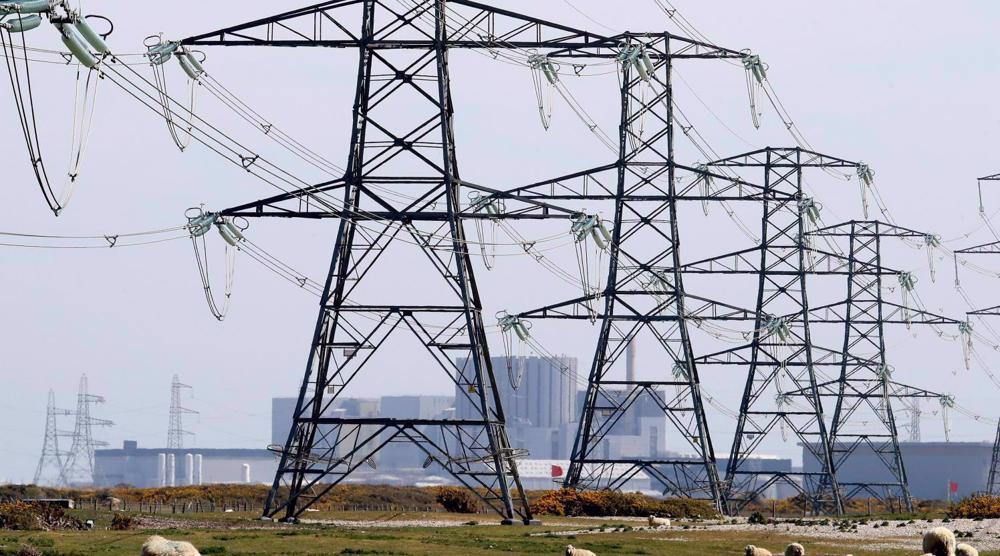Britain has asked Europe for emergency assistance amid fears that thousands of homes could face blackouts in southeast England.
The daily The Times reported that urgent requests were made for extra power after a supposed fault on the southern network.
In the latest energy scare, exports to France were first cut back before subsea cable imports from the Netherlands were boosted, according to the report. If the request was rejected, this could have forced the National Grid Electricity System Operator (ESO) to close down any power exports that may have been draining UK supplies, it said.
The problem was said to have prevented power being transported from the North to the South, where demand was higher.
Phil Hewitt, who works at the consultancy of EnAppSys, said the incident shows a “need to invest in more transmission capacity” of power received in the South East.
Sweeping blackouts are already being felt by many Britons amid skyrocketing energy prices. One million homes and businesses have rushed to sign up to a scheme that pays them to turn off washing machines, ovens, dishwashers and even the lights.
Craig Dyke, who leads the Demand Flexibility Service (DFS), has refused to rule out using the “world-leading” scheme every winter, saying it will “drive forward towards net zero.” Asked if it could become a feature of British life each winter, Dyke said, “It’s something we strongly believe in. This is the start of something much, much bigger.”
The National Grid Electricity System Operator asked coal-fired power plants to be warmed up as a back-up option for power generation on Thursday as cold weather was expected to push up demand. “The ESO has issued a notification that we will warm winter contingency coal units for potential use on Thursday 26 January,” the operator said in a statement.
Analysts say hundreds of thousands of homes could have been at risk of blackouts if National Grid had not secured extra power by making last-minute requests for help over subsea cables.
UK energy crisis: Angry Brits say almost impossible to pay soaring energy bills
The energy crisis and spiraling inflation take a heavy toll on the European people.
The energy crisis and spiraling inflation have taken a heavy toll on people of Europe, not least British citizens, with some saying the price hike and worsening cost-of-living crisis are somehow impossible to contend with.
Energy prices have soared across Europe since fall 2021, driven in part by the Russia-Ukraine war and the COVID-19 pandemic.
The average annual energy bill surged 96 percent from last autumn to £2,500 (roughly $3,000), with the UK government intervening to cap the unit cost of gas and electricity bills at that level until April 2023.
In the meantime, UK’s economic crisis has prompted various groups in society to take industrial action, going on strike for higher wages to cover the soaring rate of inflation, which has risen to above an unprecedented level of 11 percent.


